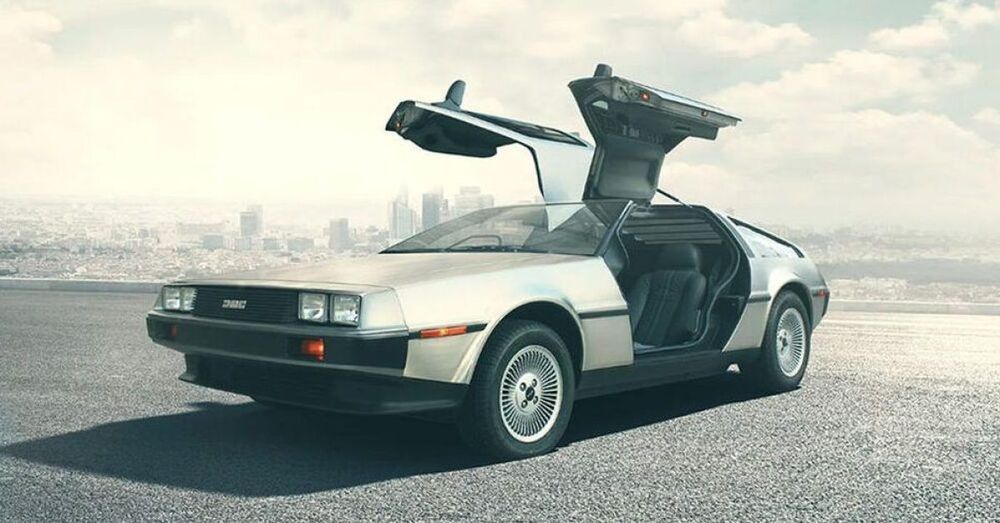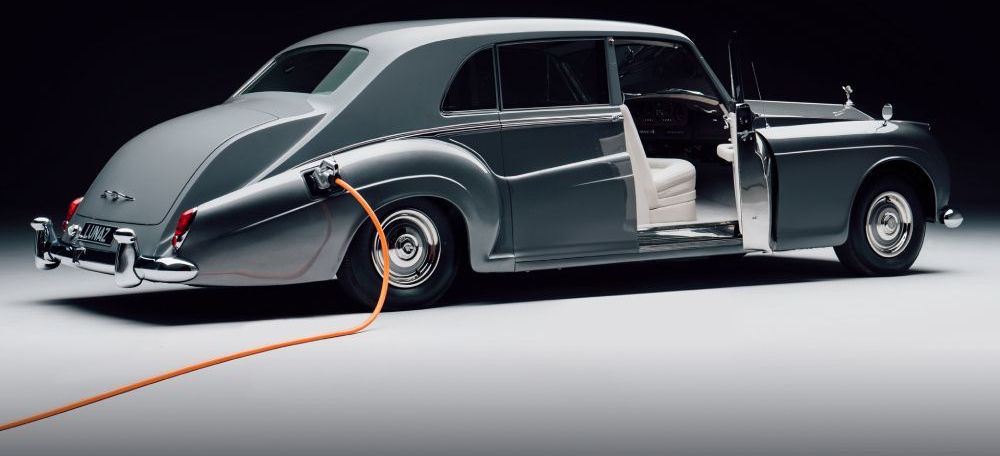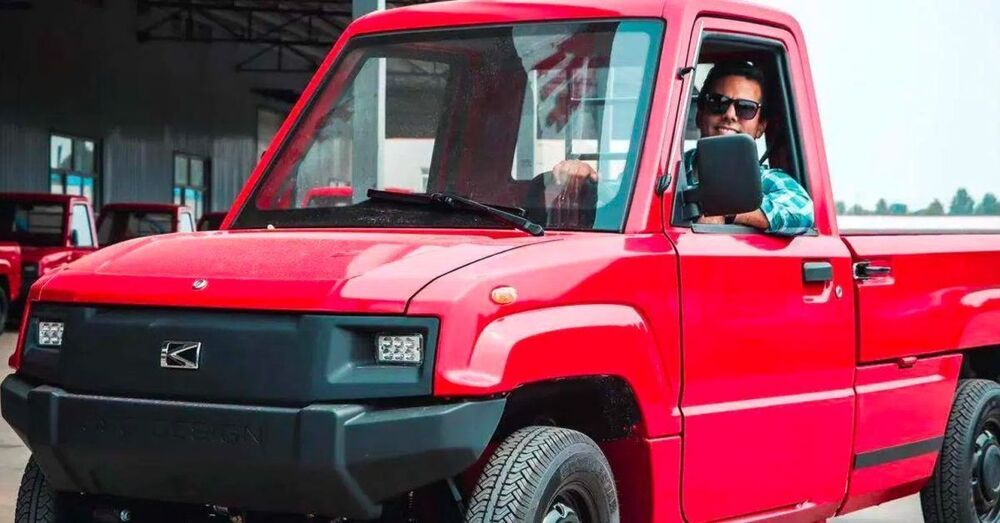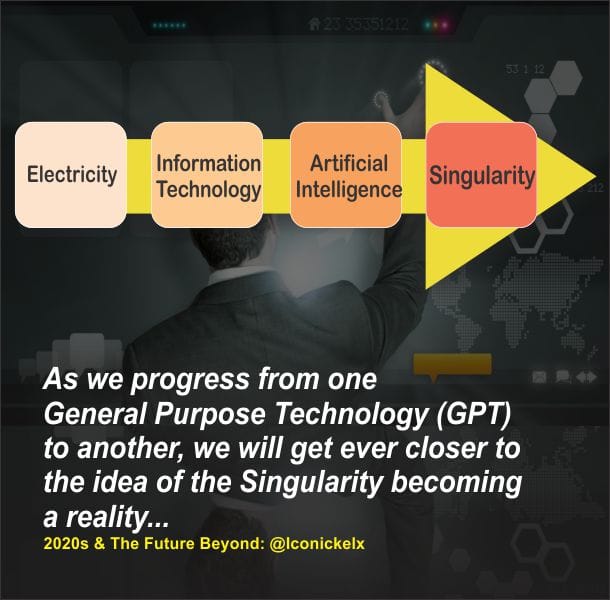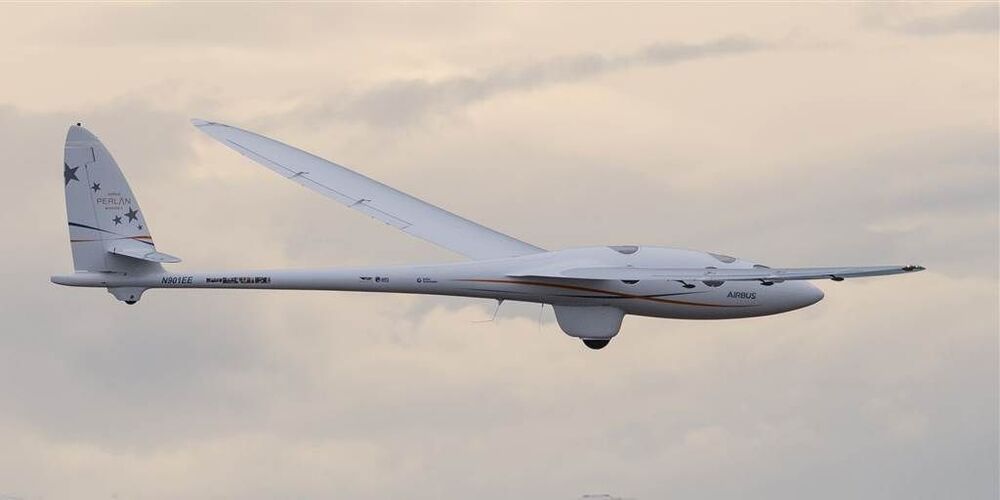A new method to reason about uncertainty might help artificial intelligence to find safer options faster, for example in self-driving cars, according to a new study to be published shortly in AAAI involving researchers at Radboud University, the University of Austin, the University of California, Berkeley, and the Eindhoven University of Technology.
The researchers have defined a new approach to so-called ‘uncertain partially observable Markov decision processes, or uPOMDPs. In layman’s terms, these are models of the real world that estimate the probability of events. A self-driving car, for example, will face many unknown situations when it starts driving. To validate the artificial intelligence of self-driving cars, extensive calculations are run to analyze how the AI would approach various situations. The researchers argue that with their new approach, these modeling exercises can become far more realistic, and thus allows AI to make better, safer decisions quicker.
